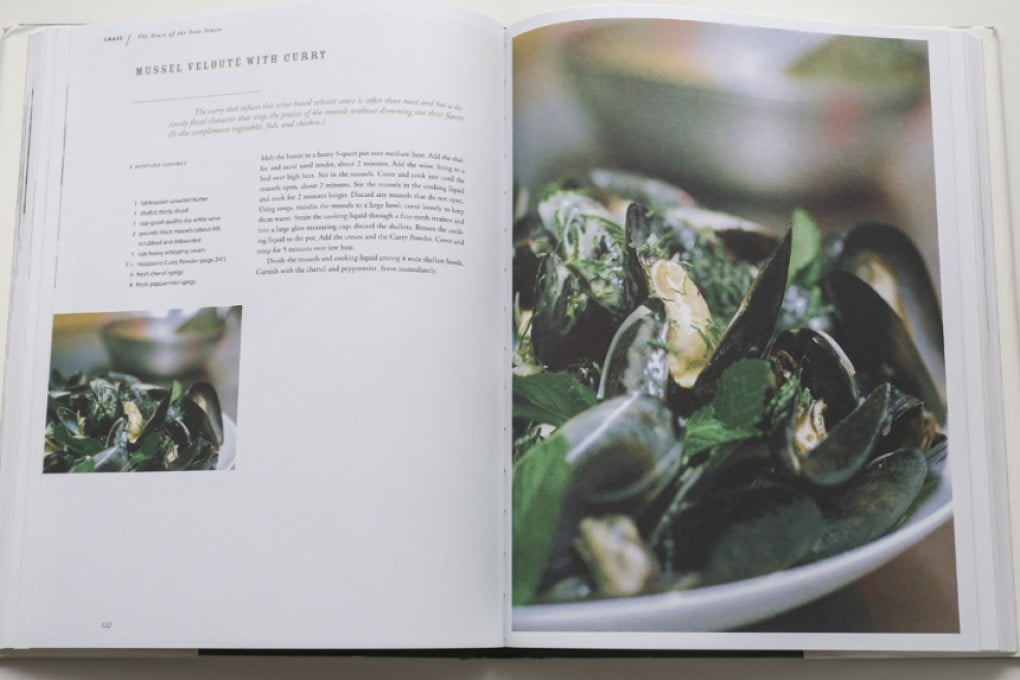More than a recipe book, Crave is a survivor's tale
Los Angeles-based chef Ludo Lefebvre survived a harrowing apprenticeship in a three-Michelin-star Burgundy restaurant, and stints under Pierre Gagnaire and Alain Passard, to produce this book of tempting and creative cuisine, writes Susan Jung

Anyone who's watched reality cooking programmes will know the life of a chef is hard. When you're a 14-year-old apprentice working for Marc Meneau at L'Espérance, a Michelin three-star restaurant in St-Pere-sous-Vezelay, in France, while living in a flophouse, life is even harder.

In the introduction to Crave, Ludo Lefebvre writes, "I was scared to death of the flophouse denizens (I was even afraid to take breakfast with them in the communal dining room), but I was more scared of Meneau. True, the flophouse guys might slit my throat to steal five francs for a cheap bottle of wine, but Meneau had a real way of wielding psychological terror … At first, I teetered on the verge of disaster. I was always afraid of being shouted at for chopping the carrots too large, or failing to master the myriad of prep work fast enough … For four years, I worked six days a week, never taking off a single holiday, including Christmas. I returned at night to the dismal flophouse and listened to my radio in my room while the young criminals watched their pornos in the TV room."
But it paid off. "In some ways, the work was gruelling, but sensing my shared obsession with food, Meneau's chefs gradually took me under their wing and began to teach me. One night, as I was leaving, Meneau took me aside. 'Your hands are like gold,' he said. 'I'm glad to have you in my kitchen.'"
With Meneau's help, Lefebvre went on to continue his culinary education with Pierre Gagnaire, who at the time had a two (soon to become three) Michelin star restaurant in St Etienne. After two years of doing prep work there, Lefebvre was allowed to cook his first dish. After all that, spending his military service as a private chef at the Ministry of Defence in Paris was so relaxing Lefebvre describes it as a "vacation". But then comes his stint at Alain Passard's L'Arpege, in the French capital. "When the plates came back from the kitchen, [Passard] would seize them from the waiters and maniacally pick through the leftovers, examining the bones. If they weren't the specific rose colour that denotes perfect cooking, he would start screaming, smashing plates, and hurling pots and pans. 'You're no good!' he would howl. 'You're a bad chef! This isn't a school!' Like Gagnaire, Passard had two stars and he wanted three. He was like a Roman general hell-bent on sacrificing as many troops as it took to achieve his conquest … He refused to allow the use of timers, and you were forbidden to touch the fish - it had to be done on instinct.
"I lived in constant fear. For a while I had a girlfriend, whom I hardly ever saw. She didn't last long because in the middle of the night I'd wake up screaming about the colour of John Dory bones. 'Ludo, you're going crazy!' she'd wail. 'But you saw the bones!' I'd holler, still caught up in my dream. 'They were pink! I swear they were pink!'"
